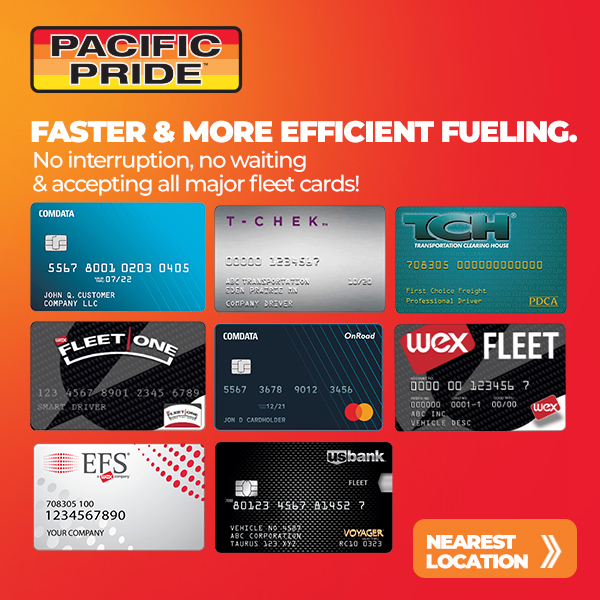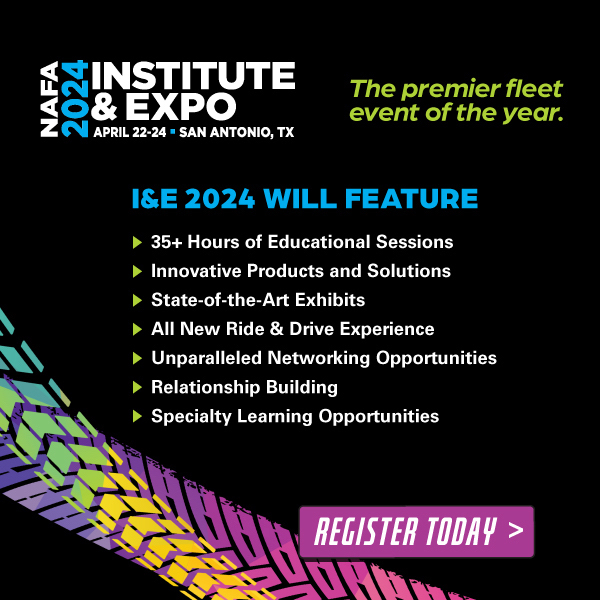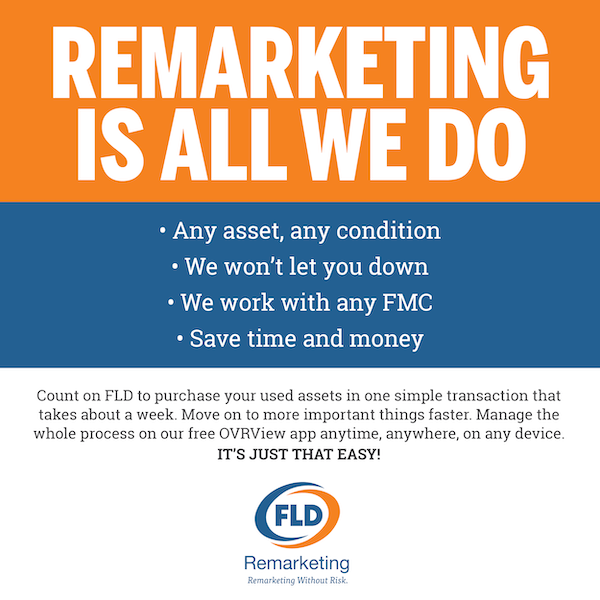Taking Charge: Geotab Report Unveils Significant Potential for Fleet Electrification with Insights from Over 1.3 Million Vehicles
Geotab has launched its report "Taking Charge: On the road to the EV Future" on fleet electrification, offering unique insights into the power of electric vehicles (EVs) in commercial fleets.
With aggregated data sourced from over 2 million vehicles globally, this comprehensive study looks at the potential for electrification to make fleet operations more efficient, improve cost management and meet established sustainability goals. In the subset of light-duty fleet vehicles, EVs could prevent the use of 2.2 billion gallons of fuel while avoiding approximately 19 million metric tons of CO2 emissions over the next seven years.
Read the entire press release.
Vincentric Announces 2024 Best Fleet Value in America™ Awards
The 19th annual Vincentric Best Fleet Value in America™ Awards were announced with Ford earning eight awards, double the amount of any other brand.
Ford continued to impress by sweeping all four segments in the Truck category, and four of six segments in the Van category. Toyota claimed victory in three of four segments in the Passenger Car category.
“Our awards are data-driven and are based on current market conditions to help OEMs, fleet management companies, and fleet operators make informed decisions and manage costs,” said David Wurster, Vincentric President.
New Prophecta AI Model Reduces Truck Fleet Emissions Up to 40% through Driver Interaction
By Fleet Management Weekly Staff
Since its founding in 2022, Silicon Valley-based Prophecta has been developing a new math algorithm that extends the value of telematics-based data used by truck fleets to reduce emissions.
Their technology analyzes driver behavior to find and correct inefficiencies, allowing fleet managers to lower fuel consumption by up to 40%.
Prophecta's AI model can enhance the planning of optimal routes and vehicle loading. Truck fleets find that the Prophecta solution contributes to retaining drivers and incentivizes eco-friendly driving.
"...our thinking about AI is not about replacing people. It's about empowering and helping people. Our technology allows drivers to be more easily engaged in emissions reduction and gives companies the data to incentivize greener, safer driver behavior," says CEO Vasily Nikolaev.
Fleet Manager Spotlight: 5 Questions with Ted Chan of Schindler Elevator
Fleet Manager Spotlight is a new Fleet Management Weekly bi-weekly series, compiled by Marketing Consultant Tod Trousdell of RobertsTrousdell Communications.
The series features insights from top fleet leaders on some of the industry’s most important topics.
In this, our first installment, we talk with fleet manager Ted Chan of Schindler Elevator.
"We were an early EV adopter, so we’ve learned a lot of important lessons along the way and there’s still a long way to go. Without a doubt the whole industry will see a lot of twists and turns before things settle down into a rhythm but we’re definitely on our way."
Ridecell is Ready to Usher Fleet into Digital Transformation Era
The digital revolution is changing the way fleet customers expect to interact with fleet providers.
Leading the way in how fleet providers are reimagining their businesses, Ridecell allows fleets to get more out of their connected vehicles and management systems.
By using the company’s flagship solution, Fleet Transformation Cloud, fleet leaders can create a blueprint of the entire process flow from vehicle purchase to remarketing, across all geographies and lines of business.
“The new model of digital transformation isn’t about rewriting systems you’ve already built,” says Mark Thomas, Executive Vice President of Alliances and Marketing for Ridecell. “It’s about boosting the power of those systems and taking information out of them and pulling it all together."
Recent Posts
- At NAFA 2024, Fleets Are Finding the Ways That Work on Their Electrification Journey
- NAFA Names the 2024 100 Best Fleets in the Americas at its Annual Institute & Expo
- Business Flexibility & Use Of Sophisticated Data: Reshaping Fleet Operations In 2024
- NAFA’s 2024 I&E Media Day Unveils Cutting-Edge Fleet Innovations & Insights
- Navigating the Switch from Gas to Electric Utility Vehicle (EUV) Fleets
- Open Source Safety? Elektrobit Proves Future Cars Can Be Coded More Like Video Games
- Strategic Planning for Growing Your Business’s Fleet Utilizing Historical Data
- NAFA’s 2024 Institute & Expo General Session Delivers Insights and Strategies for Fleet Management’s Future
- The 10 Car Brands Cheapest to Maintain Over 10 Years
- Recognizing Excellence: NAFA Celebrates the Certified Automotive Fleet Manager Graduates at I&E




























